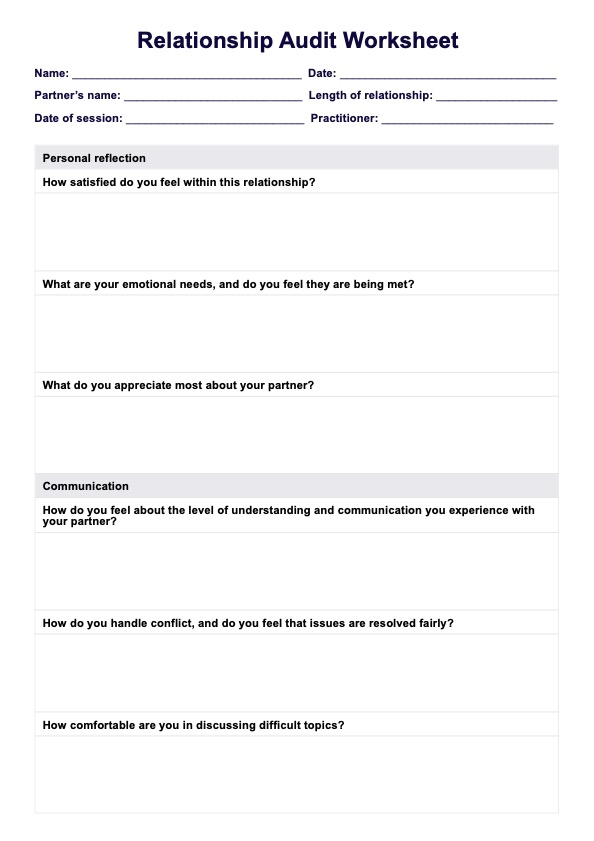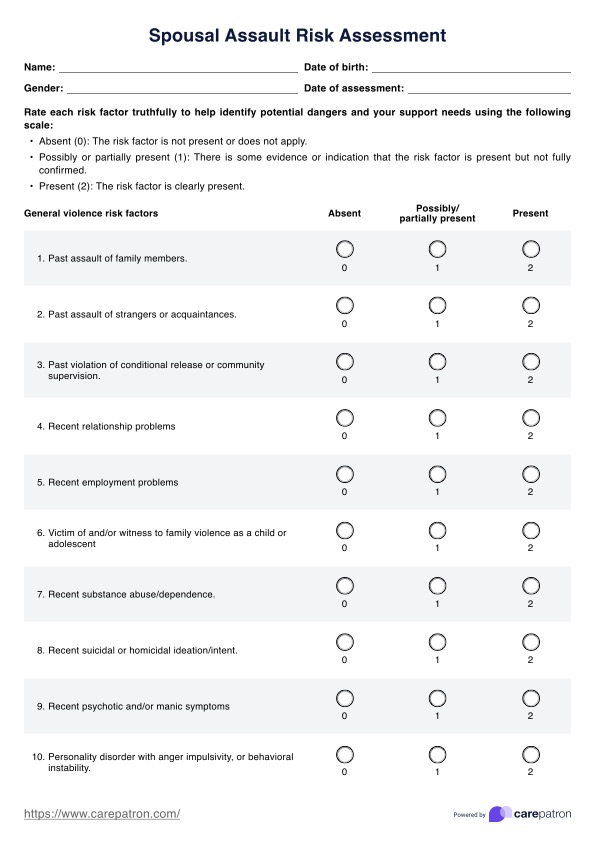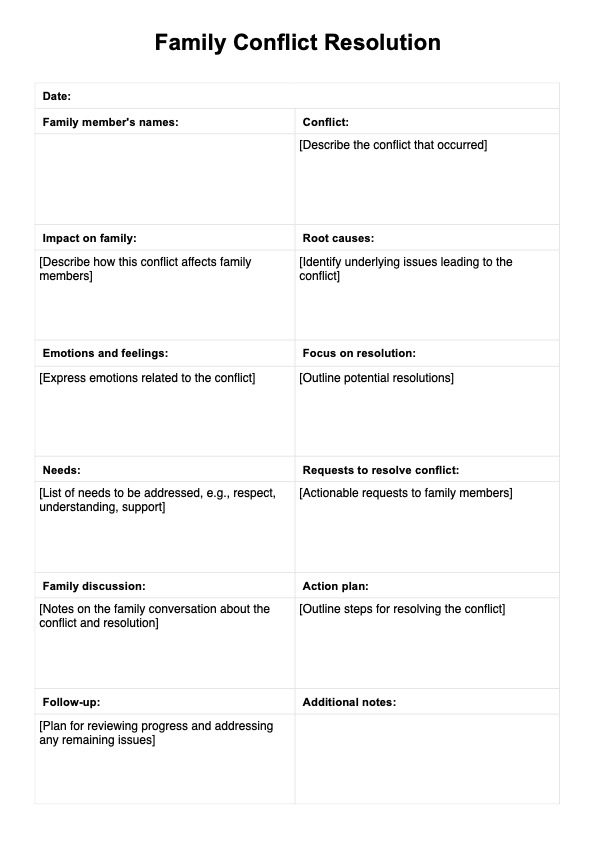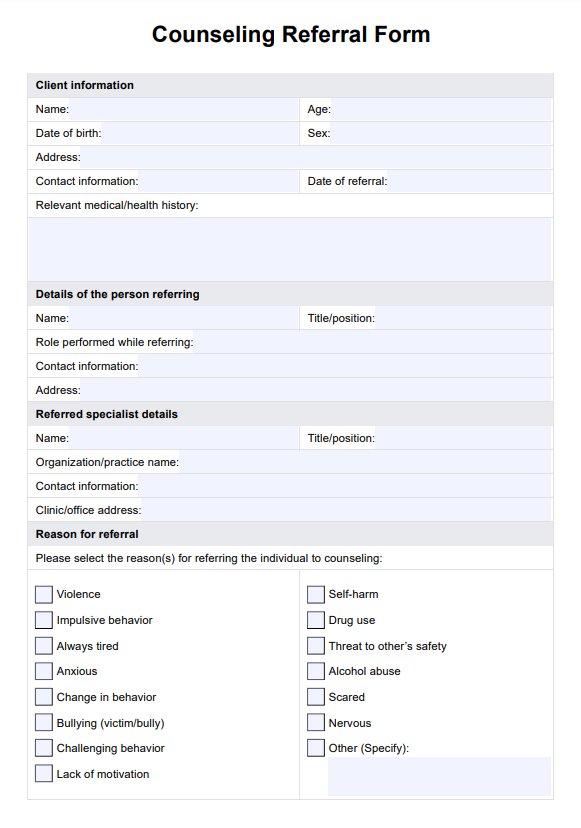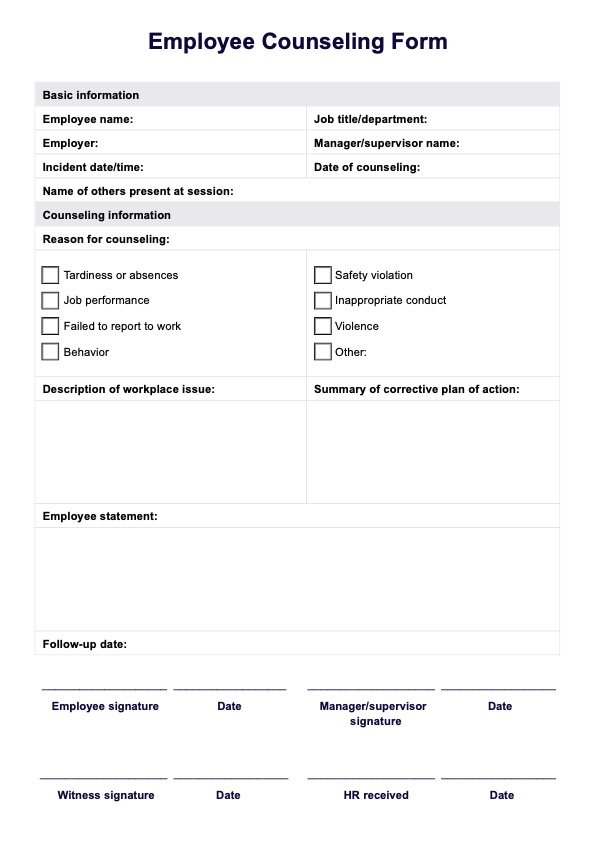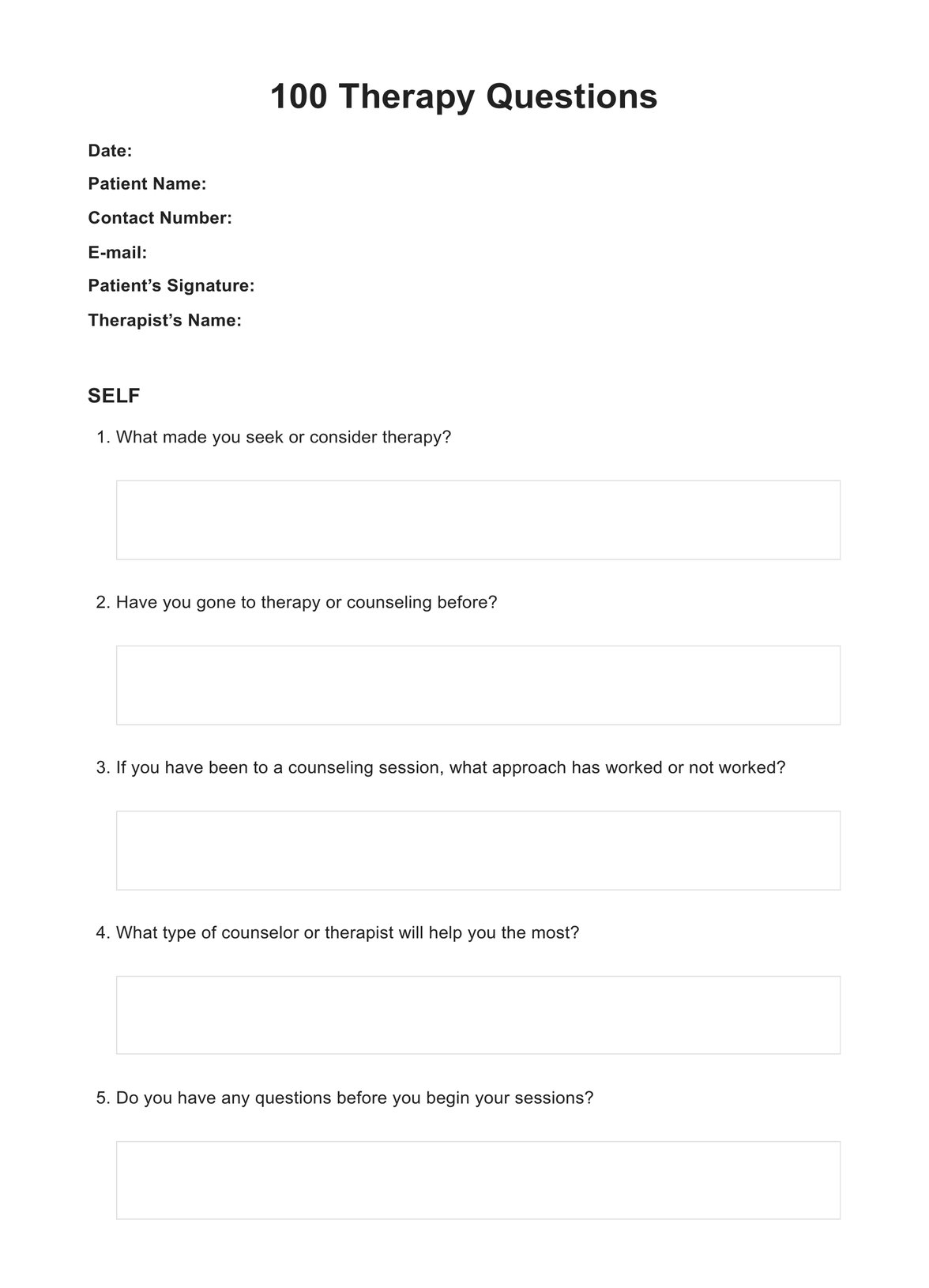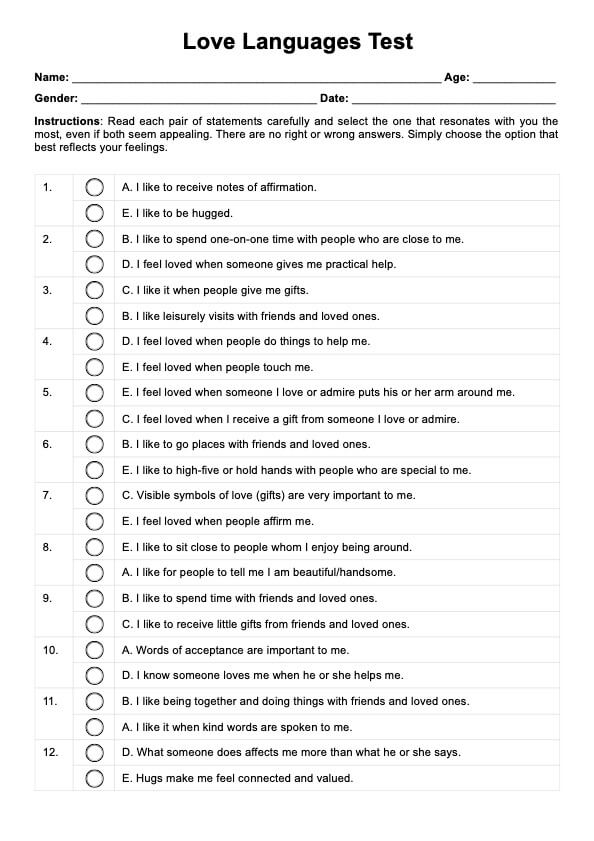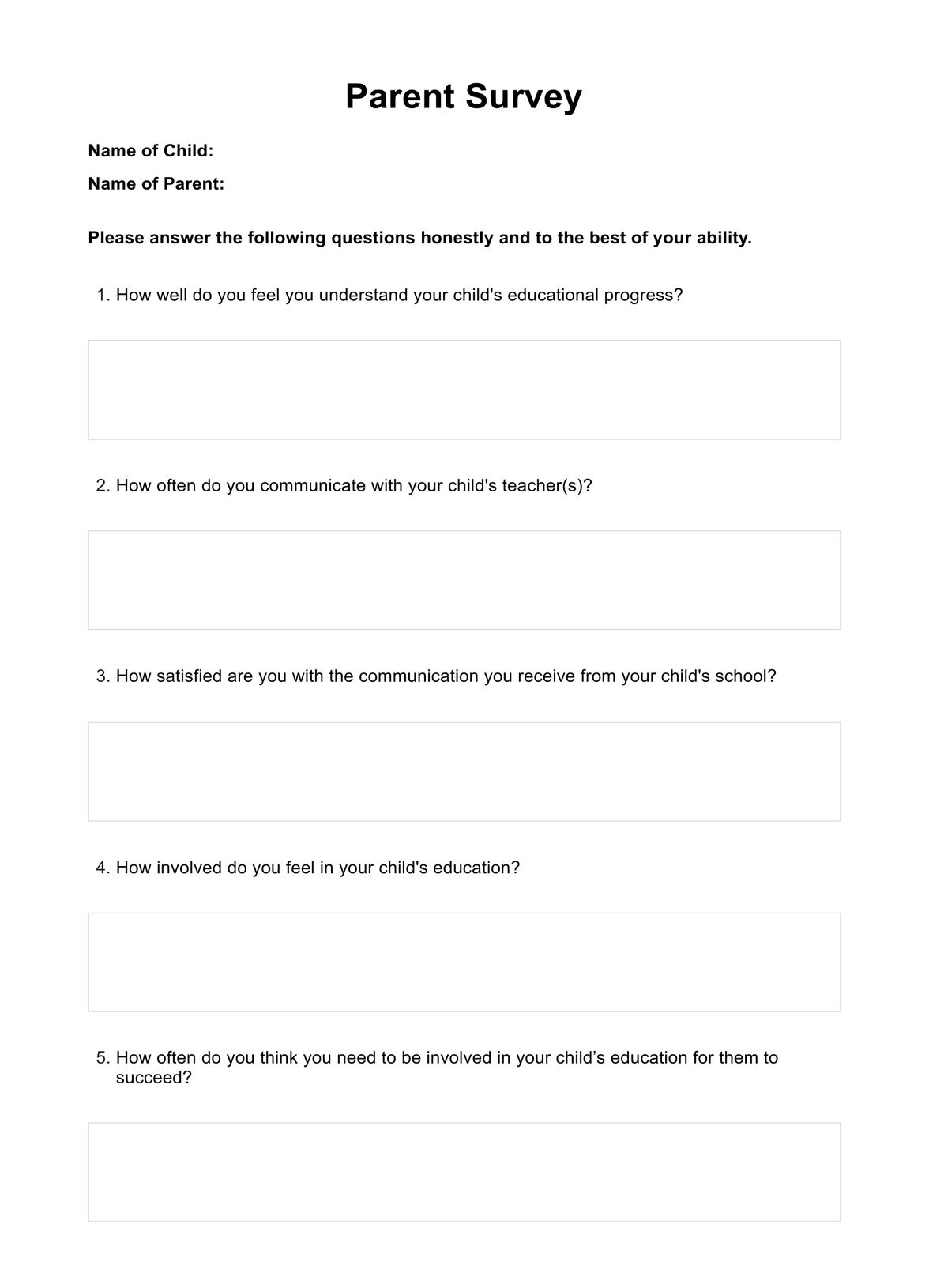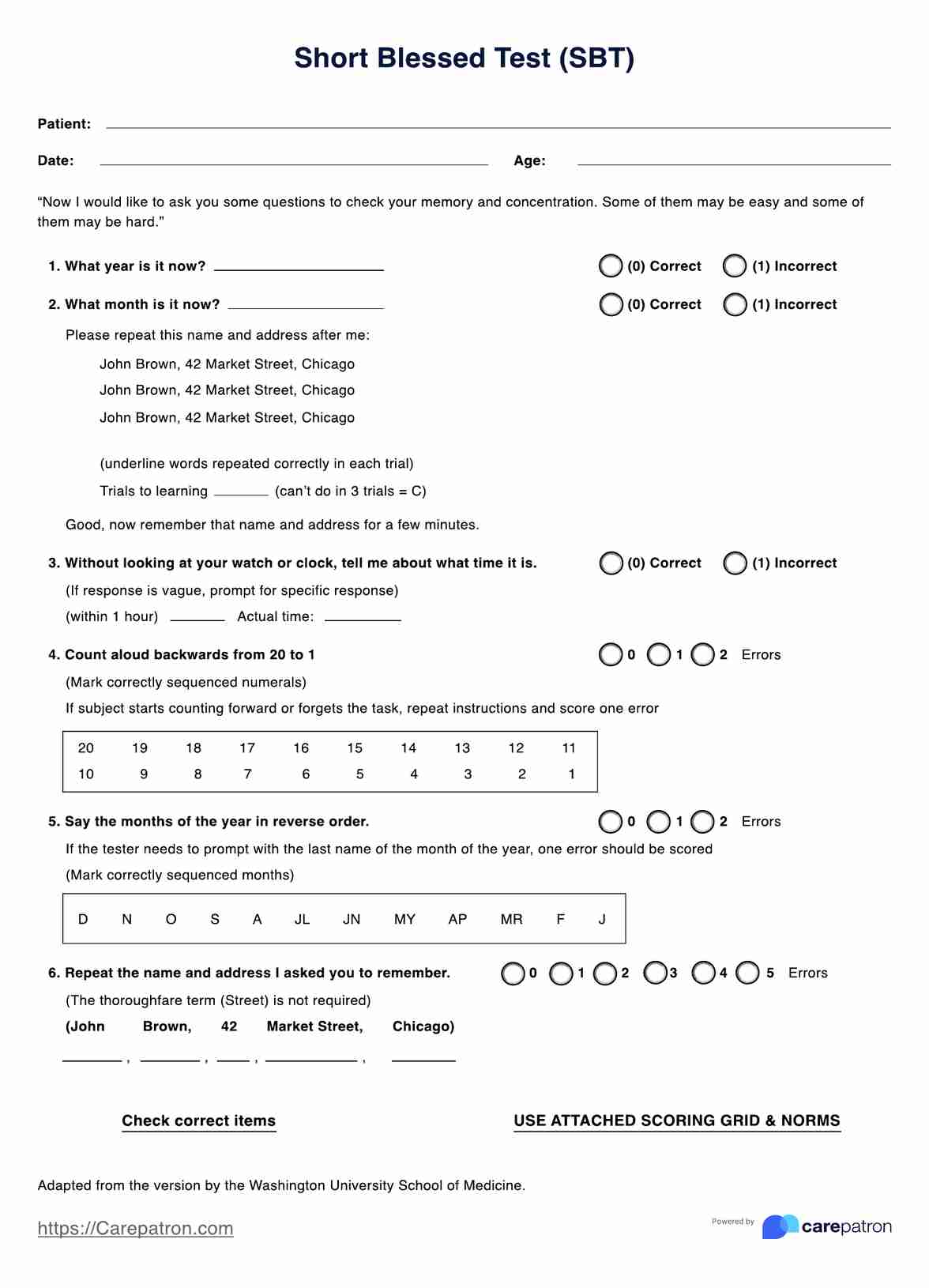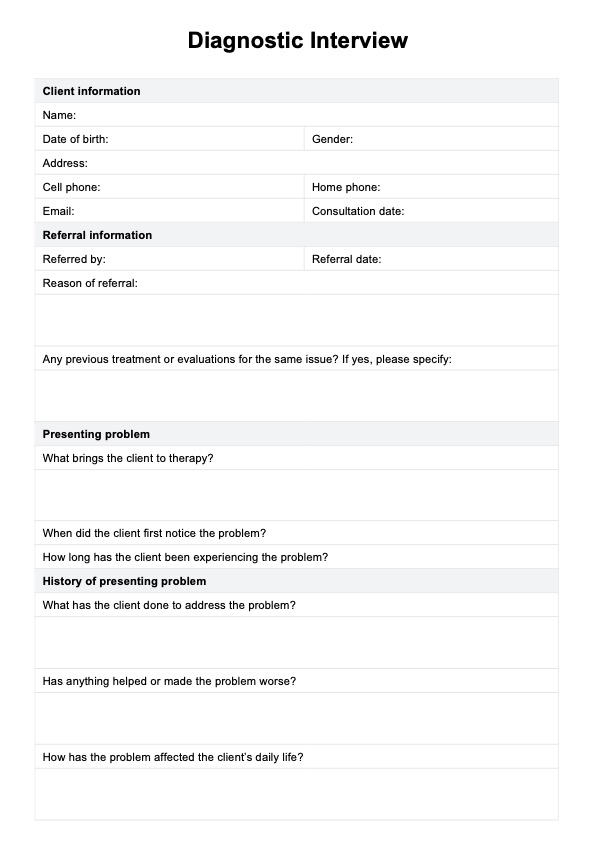Interpersonal Skills Worksheet
Help clients develop communication and relationship-building skills with our Interpersonal Skills Worksheet template. Try it today for free!


What is interpersonal effectiveness?
Interpersonal effectiveness refers to the ability to interact with others assertively, maintain self-respect, and strengthen relationships. It involves clear communication, including interpersonal communication skills, active listening, empathy, and managing conflicts constructively. This skill set is essential for navigating personal and professional relationships successfully.
Interpersonal effectiveness has a multifaceted purpose. It enhances our ability to express needs and desires clearly while respecting others. It also improves relationship satisfaction by fostering mutual understanding and respect. Furthermore, it equips individuals with the tools to resolve conflicts healthily, reducing stress and enhancing cooperation.
Utilizing interpersonal effectiveness positively affects various life areas. It leads to better communication, stronger relationships, and enhanced problem-solving abilities. In professional settings, it contributes to team cohesion and collaborative success. It can also help build and maintain fulfilling relationships, increasing life satisfaction.
Interpersonal Skills Worksheet Template
Interpersonal Skills Worksheet Example
How does this Interpersonal Skills Worksheet work?
Using the Interpersonal Skills Worksheet is an effective way for mental health professionals to guide their patients in developing better social skills. Here's how to utilize the worksheet:
Step 1: Access the template
First, open the Interpersonal Skills Worksheet by clicking "Use template," which opens it on the Carepatron app. You can customize the template on the app, after which it can be easily downloaded, printed, edited, and/or shared. This accessibility ensures that both therapists and clients can work on it collaboratively.
Step 2: Give the client time to complete the worksheet
Give a copy of the worksheet to your client, and ask them to complete it honestly. By answering the questions on the worksheet, they will gain self-awareness regarding their communication styles, listening abilities, and conflict-resolution skills.
Step 3: Discuss the completed worksheet
Go through each section of the worksheet with the patient. Discuss their self-assessment of communication in different settings, comfort levels, listening skills, conflict handling, and identifying areas for improvement.
Step 4: Develop an action plan
Assist the patient in developing an action plan based on their self-assessment. This plan should include specific goals to improve interpersonal skills and steps to achieve them. Also, discuss who can support them in this journey and how they'll measure their progress.
What are examples of interpersonal skills?
Interpersonal skills, often termed "soft skills," are our traits and behaviors, encompassing various skills related to interacting with others. These skills are crucial in forming positive relationships, both personally and professionally. Here are some key examples:
- Effective communication: This involves clearly and respectfully expressing thoughts, feelings, and needs. It's about being able to convey messages in a way that is understood and appreciated by others. Part of communication is being heard, too.
- Active listening: More than just hearing words, active listening requires full attention and understanding of the speaker's message. This skill ensures that others feel heard and valued.
- Empathy: The ability to understand and share the feelings of another person. Empathy fosters deeper connections and helps in resolving conflicts compassionately.
- Conflict resolution: The skill of resolving disagreements respectfully and constructively. It involves negotiation, compromise, and problem-solving.
- Assertiveness: Being assertive means expressing oneself confidently and standing up for one's rights while respecting others' rights.
- Teamwork: Working effectively and harmoniously within a group. This skill is crucial in collaborative environments where joint effort is required for success.
- Adaptability: The ability to adjust to new conditions and effectively handle change. It's about being flexible in interactions and approaches.
- Emotional intelligence: Understanding and managing one's emotions and recognizing the emotional states of others. It's essential for maintaining self-control and developing strong relationships.
- Body language awareness: Nonverbal cues like facial expressions, gestures, and posture play a significant role in communication. Awareness of these cues in oneself and others can enhance understanding and interactions.
- Persuasion and influencing: The ability to convince others to understand and consider your viewpoint. This skill is essential for leadership and negotiation.
These skills combine to form a comprehensive toolkit for effective interpersonal interactions, leading to more fulfilling and successful relationships in various aspects of life.
What are the benefits of having interpersonal skills?
Strong interpersonal skills are vital for building effective relationships and excelling in various life areas. Here are some key benefits:
- Enhanced communication and understanding: Good interpersonal skills improve verbal and nonverbal communication, leading to clearer interactions and reduced misunderstandings.
- Ability to maintain positive relationships: Effective interpersonal communication helps individuals maintain good relationships by fostering trust, respect, and empathy in personal and professional settings.
- Improved teamwork and collaboration: Strong interpersonal skills promote collaboration and group success, making them essential in environments requiring teamwork.
- Better conflict resolution: Specific interpersonal skills can help individuals resolve disagreements constructively, leading to better outcomes in personal and professional disputes.
- Personal and career growth: Good interpersonal skills open doors to new opportunities, helping individuals advance in their careers and build fulfilling personal connections.
These benefits highlight the importance of developing and honing interpersonal skills for a successful and well-rounded life.
How to improve interpersonal effectiveness
As a mental health professional, you can help clients develop interpersonal skills by implementing targeted strategies and techniques. These approaches foster improved communication, empathy, and conflict-resolution skills. Here’s how you can support clients in enhancing their interpersonal effectiveness:
Practice active listening
Encourage your clients to practice active listening by focusing fully on the speaker, paraphrasing their words, and avoiding interruptions. Teach them to ask clarifying questions and show genuine interest in the conversation to build trust and understanding. You can also model this skill to them in your interactions.
Enhance verbal communication skills
Work with your clients to improve both verbal and nonverbal communication. Emphasize clarity, confidence, and positive body language, such as maintaining eye contact and using open gestures. Help them tailor their communication styles to different contexts to connect more effectively.
Use dialectical behavior therapy (DBT) techniques
Use dialectical behavior therapy (DBT) strategies, such as the "DEAR MAN" framework, to help your clients assertively express their needs while maintaining respect for others. DBT techniques are particularly useful for clients struggling to create healthy relationships or navigate complex social situations. They help manage emotions and navigate challenging interactions more effectively.
Focus on empathy and emotional understanding
Guide your clients to develop empathy by encouraging them to view situations from others' perspectives. Use role-playing and reflective exercises to foster emotional understanding and compassion, improving their ability to relate to others.
Encourage self-reflection and feedback
Encourage your clients to reflect on their interpersonal interactions and seek feedback from trusted individuals. This practice can help them recognize patterns, identify strengths, and address areas needing improvement. Carepatron's interpersonal effectiveness worksheets can help you do this.
By teaching and reinforcing these strategies, you can empower your clients to enhance their interpersonal skills, leading to more fulfilling relationships and improved social functioning.
Commonly asked questions
Interpersonal skills can be improved by practicing effective communication, listening, empathy, and conflict resolution. Engaging in social interactions and seeking feedback can also enhance these skills.
Practical exercises, role-playing, real-life scenario analysis, and guided reflections best teach interpersonal effectiveness skills. Training manuals like the DBT Skills Training Manual offer structured approaches to teaching these skills.
Interpersonal skills are crucial for work as they facilitate teamwork, effective communication, conflict resolution, and positive workplace relationships, leading to better collaboration and overall productivity.


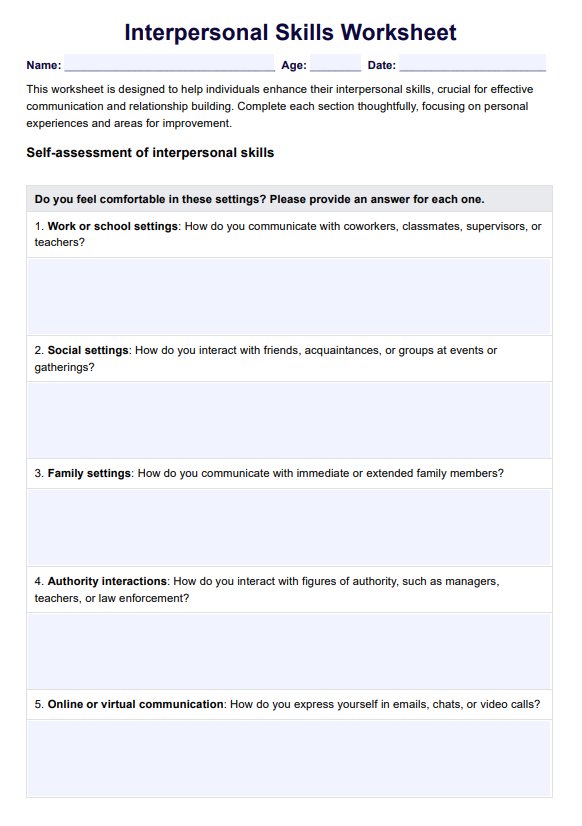
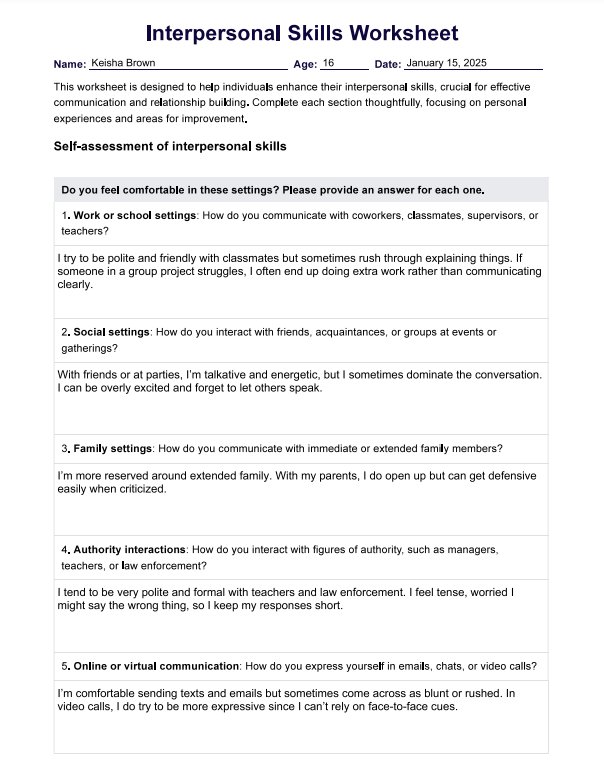

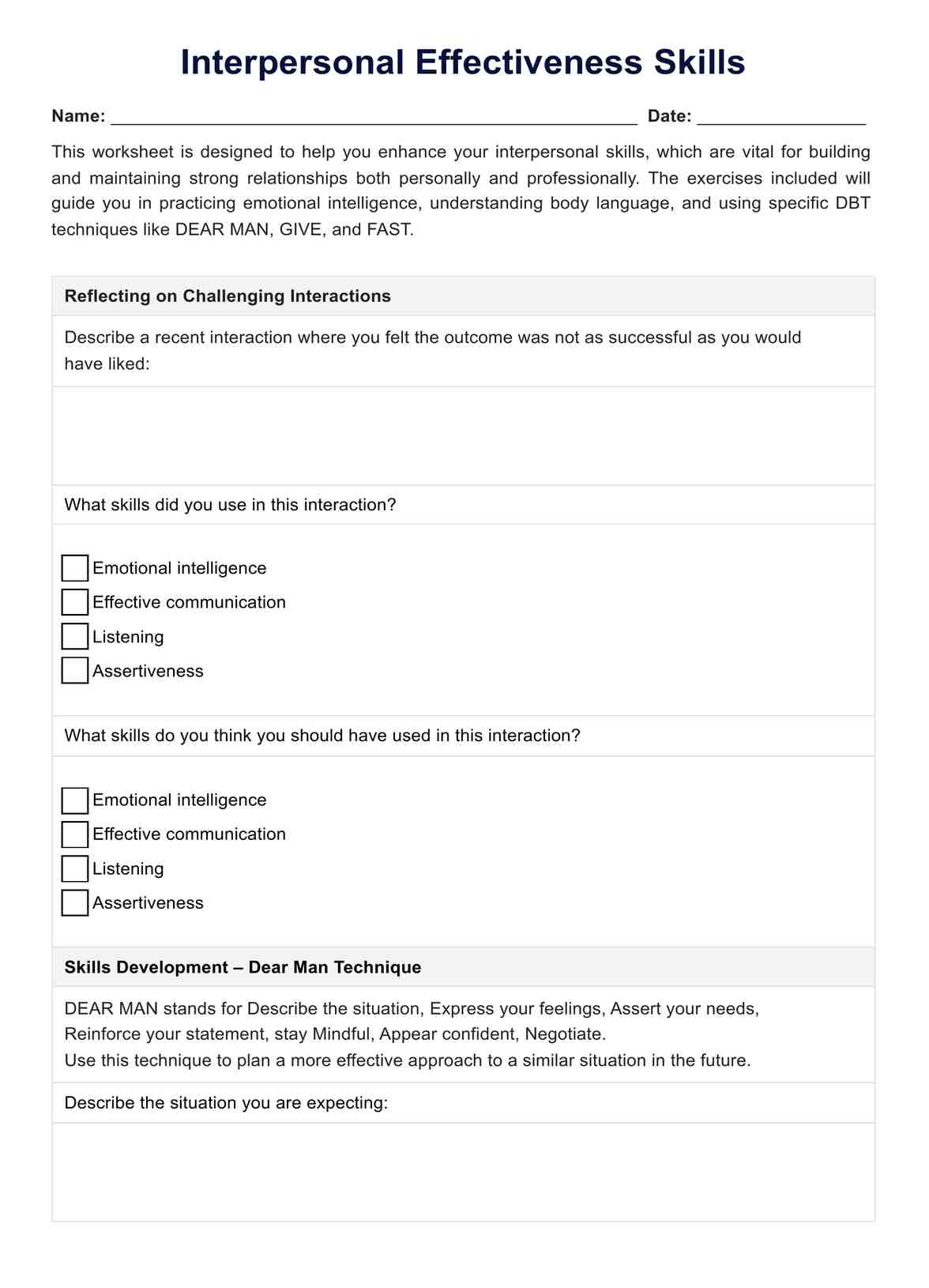















-template.jpg)


